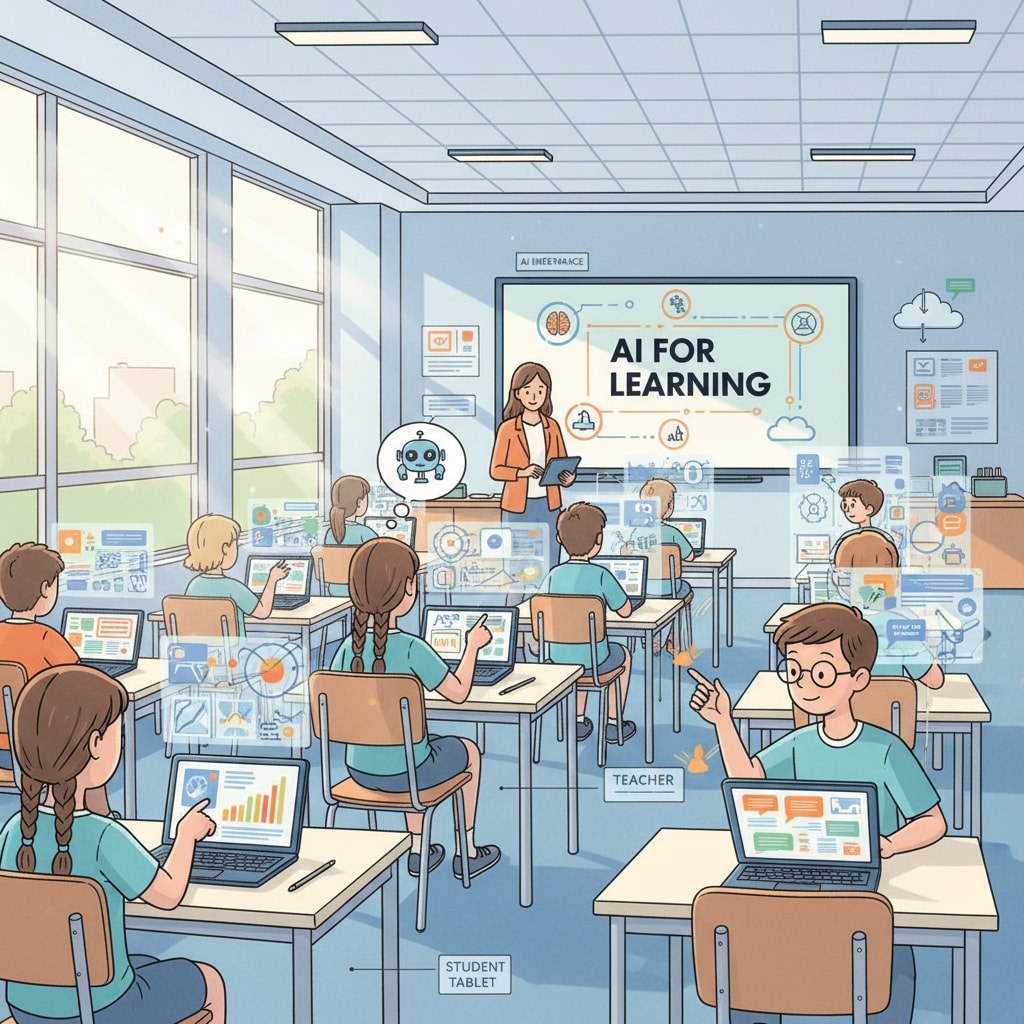The rise of artificial intelligence (AI) in education has brought about a new era of learning, but it has also sparked concerns about grade inflation, especially in relation to student assignments. As AI tools become more accessible, students are increasingly using them to complete their tasks, leading many to wonder if the quality of work and, subsequently, grades are being inflated.

The AI – Assignment Connection
AI has revolutionized the way students approach assignments. For example, language learning apps powered by AI can help students improve their writing skills, correct grammar, and even suggest better vocabulary. In research projects, AI can quickly sift through vast amounts of data, providing students with relevant information. This has made the process of assignment completion more efficient. However, this efficiency has raised eyebrows. Some educators worry that students may be relying too much on AI, leading to a lack of genuine understanding and effort in their work, which could potentially contribute to grade inflation.
Debunking the Grade Inflation Myth
While the concern about grade inflation is understandable, it may be a misnomer. True learning is not just about getting the right answers or producing perfect assignments. With AI, students can focus more on higher – order thinking skills such as analysis, synthesis, and evaluation. For instance, instead of spending hours on basic data collection, they can use AI for that and then spend time interpreting the results. Grades should reflect not only the end product but also the learning process. Therefore, just because AI is used in assignments doesn’t necessarily mean grades are inflated. As stated on Educause, a leading organization in education technology, new technologies should be seen as opportunities to enhance learning rather than as threats to the integrity of grades.

Rather than fearing grade inflation, educators should focus on redefining the learning outcome assessment system. This could involve assessing students’ understanding of concepts through in – depth discussions, oral presentations, and hands – on projects. By diversifying the assessment methods, educators can get a more comprehensive view of students’ learning. For example, in a science class, instead of just grading a written report, students could be asked to demonstrate their experiments and explain the underlying principles. This way, even if AI is used in the report writing, the students’ true knowledge and skills can still be accurately evaluated.
Readability guidance: In this article, we have explored the complex relationship between AI, student assignments, and the concept of grade inflation. By understanding the role of AI in education and rethinking assessment methods, we can ensure that grades truly reflect students’ learning achievements. As technology continues to evolve, it’s essential for educators and students to adapt and embrace these changes for a more effective learning experience.


